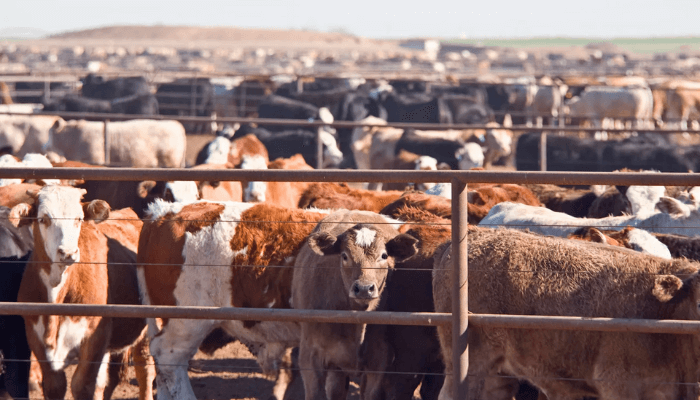The federal government has launched a new initiative to integrate renewable energy with veterinary and agricultural reforms as part of efforts to strengthen food security, livestock health, and rural healthcare.
The plan, announced at the off-grid refrigeration inception workshop in Abuja, will deploy solar-powered cold storage systems to improve vaccine preservation, curb livestock diseases, and reduce Nigeria’s heavy post-harvest losses.
Key highlights are off-grid refrigeration for safe vaccine transport and storage, eradication of Peste des Petits Ruminants (PPR) in sheep and goats by 2030, reduce Nigeria’s 40–50% post-harvest losses of perishable crops and partnership with the UN environment programme, aligned with climate-friendly energy goals.
Minister of Livestock Development, Idi Maiha, said the project will close critical infrastructure gaps in veterinary practice, where weak cold-chain systems often render vaccines ineffective.
Read also:
- IITA releases over 200 improved Crop varieties to boost food security in Nigeria
- FCTA champions livestock development to boost food security
- Agriculture ministry declares 3-day prayer, fasting over food security, insecurity
Nigeria, with 58 million cattle, 124 million sheep, and 70 million goats, has long struggled with livestock diseases due to poor storage systems, he noted.
The Rural Electrification Agency (REA) boss, Abba Aliyu, added that the initiative would also create jobs, strengthen small businesses, and improve rural healthcare delivery.
“This is more than a pilot project,” Aliyu said. “It connects agriculture, livestock, health, and small businesses while reducing greenhouse gas emissions through renewable energy.”
The government expressed confidence that within two to three years, these reforms will significantly improve vaccine distribution, food preservation, and national food security.






